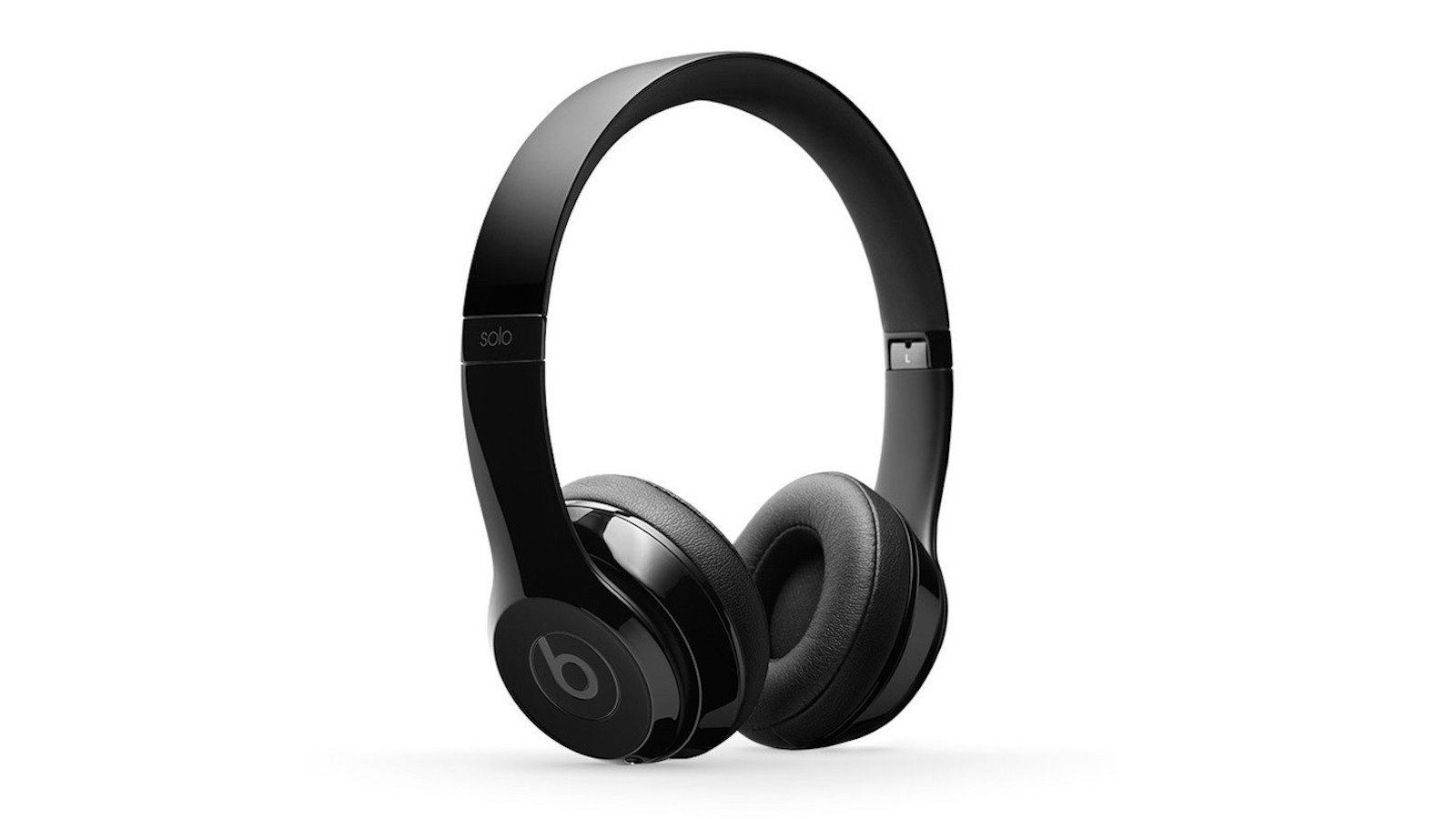Taken literally, an audiophile is just someone who loves sound, but in practice, the Merriam-Webster definition probably fits best: Someone “who is enthusiastic about high-fidelity sound reproduction.” Realistically, though? It can get more than a little weedy and complicated.
Someone who’s getting into vinyl records and making a point of getting a quality turntable and speakers to play them on can easily be considered an audiophile these days, as can someone listening to high-resolution recordings from streaming services like Tidal and Qobuz through the appropriate equipment. However, “audiophile” is often used as a bit of a dirty word, as spendier audiophiles are often derided for wasting money on minimal, barely discernable upgrades or peripherals advertised at improving fidelity that are outright scams. And when self-professed audiophiles claim to have “golden ears” that allow them to hear the smallest of differences, there are critics who will relish seeing them shown up.
Case in point: In 2022, the audiophile world was rocked by the revelation that specialty reissue label Mobile Fidelity Sound Lab (MoFi for short) had been deceptively promoting their vinyl releases as being produced using an all-analog production chain despite most of the company’s recent releases being mastered from digital files. That MoFi was doing this while selling $100-plus “One-Step” records where they asserted that the quantity had to be limited to prevent wear to the master tape just made it worse, especially since many audiophiles couldn’t tell that the records used digital sources. (This led to a class action lawsuit against MoFi, which the company settled.)
Long story short? “Audiophiles” exist on a broad spectrum.

